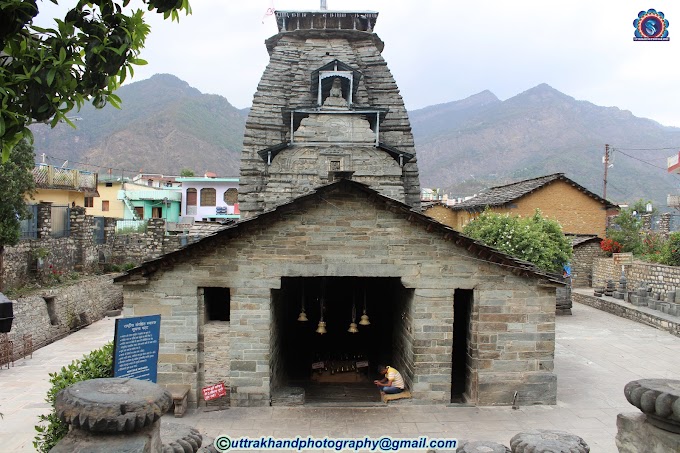 |
| What is Article 382 of Indian constitution |
Article 382 of the Indian Constitution
Title: Provisions as to the Council of Ministers for Part B States
Status:
Article 382 has been repealed.
It was a transitional provision and was omitted by the Constitution (Seventh Amendment) Act, 1956.
🧾 Original Purpose (Before Repeal):
-
Article 382 provided for the continuation of the existing Council of Ministers in Part B States after the Constitution of India came into force on 26 January 1950.
-
These were the ministers who had been functioning under pre-Constitution arrangements, particularly under the governance of the Rajpramukh.
🔍 Simplified Explanation:
-
Allowed the existing ministers (appointed before the Constitution) in Part B States to continue functioning.
-
They were to aid and advise the Governor (formerly Rajpramukh) under the new constitutional framework.
-
Continued until a new Council of Ministers was formed under the Constitution.
📌 Key Features:
| Aspect | Details |
|---|---|
| Applies To | Part B States (princely states and unions) |
| Subject | Council of Ministers (pre-Constitution) |
| Provision | Existing ministers could temporarily continue in office |
| Role | To aid and advise the Governor, just like under Article 163 |
| Ends When | A new Council of Ministers is appointed under constitutional procedures |
| Repealed By | 7th Constitutional Amendment Act, 1956 |
🗂️ Background – What Were Part B States?
These included:
-
Hyderabad
-
Jammu & Kashmir
-
Mysore
-
Madhya Bharat
-
Rajasthan
-
Travancore-Cochin
-
Saurashtra
-
PEPSU (Patiala & East Punjab States Union)
✅ Why Article 382 Was Important (and Then Repealed):
-
Ensured no administrative vacuum in Part B states.
-
Maintained continuity of governance during the transition.
-
Became obsolete after 1956 when:
-
Part B states were merged or reorganized, and
-
Uniform constitutional provisions applied to all states.
-

.jpg)



















Follow Us